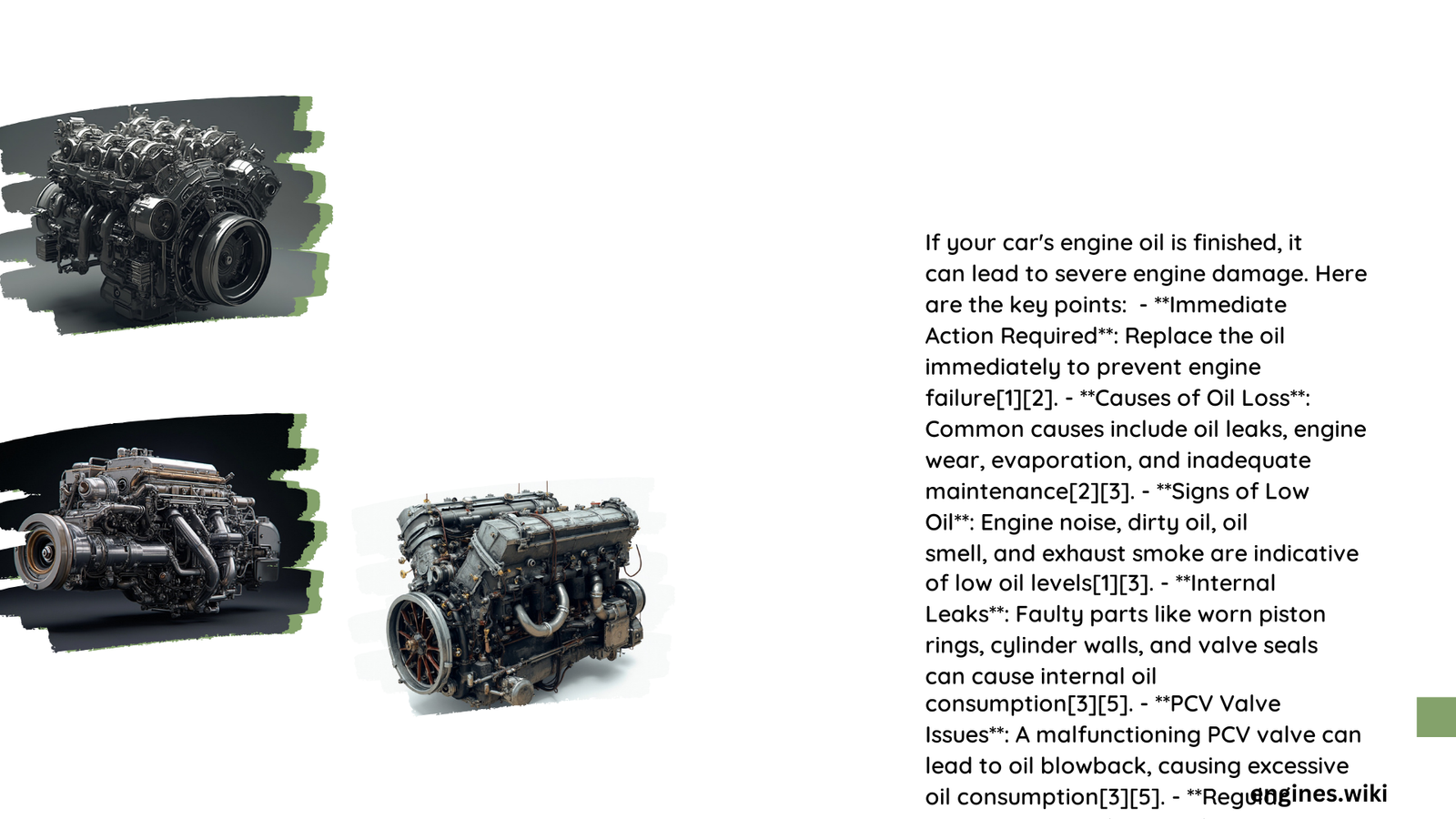Engine oil finished represents the critical endpoint of lubricant performance, where precise chemical formulations and advanced technological innovations converge to protect and optimize automotive engines. This comprehensive exploration delves into the intricate world of engine oils, revealing their complex compositions, performance characteristics, and essential application strategies that ensure maximum engine longevity and efficiency.
What Makes Engine Oil Finished Unique?
Chemical Composition and Molecular Engineering
Engine oils are sophisticated molecular solutions designed to provide comprehensive protection for internal combustion engines. The finished product results from meticulous blending of base stocks and advanced additives:
Base Stock Categories
- Group I: Conventional Mineral Oils
- Lowest refinement level
- Limited performance characteristics
-
Economical option for older engines
-
Group II: Hydroprocessed Mineral Oils
- Enhanced purity
- Improved oxidation stability
-
Better performance than Group I
-
Group III: Synthetic Base Stocks
- Highest molecular uniformity
- Superior temperature resistance
- Exceptional protective capabilities
Performance Metrics and Viscosity Characteristics
| Viscosity Grade | Low-Temperature Performance | High-Temperature Stability | Recommended Usage |
|---|---|---|---|
| 0W-30 | Excellent | Good | Modern passenger vehicles |
| 5W-40 | Very Good | Excellent | Performance and luxury vehicles |
| 15W-40 | Good | Very Good | Commercial and heavy-duty applications |
How Do Different Engine Oils Protect Mechanical Components?

Wear Protection Mechanisms
Engine oils finished with advanced additive packages provide multi-layered protection:
- Anti-Wear Additives
- Create microscopic protective films
- Reduce metal-to-metal contact
-
Minimize friction and component degradation
-
Detergent Additives
- Prevent carbon deposit formation
- Clean internal engine surfaces
-
Maintain optimal engine cleanliness
-
Dispersant Technologies
- Suspend contaminants
- Prevent sludge accumulation
- Enhance overall oil longevity
What Factors Influence Engine Oil Performance?
Critical Selection Parameters
- Operating Temperature Range
- Vehicle Manufacturer Specifications
- Driving Conditions
- Engine Age and Design
Synthetic vs. Conventional Oil Comparison
Synthetic Oils
– Higher molecular uniformity
– Extended drain intervals
– Superior high/low-temperature performance
Conventional Oils
– Lower cost
– Suitable for standard driving conditions
– Shorter recommended service intervals
Expert Recommendations for Oil Maintenance
Best Practices
- Follow manufacturer-recommended change intervals
- Use vehicle-specific viscosity grades
- Monitor oil condition regularly
- Consider driving conditions when selecting oil
Emerging Trends in Lubricant Technology
Future Innovations
- Nano-engineered additives
- Environmentally sustainable base stocks
- Enhanced predictive maintenance technologies
Conclusion
Engine oil finished represents a complex technological solution that goes beyond simple lubrication. By understanding its intricate composition and performance characteristics, vehicle owners can make informed decisions that protect their automotive investments.
